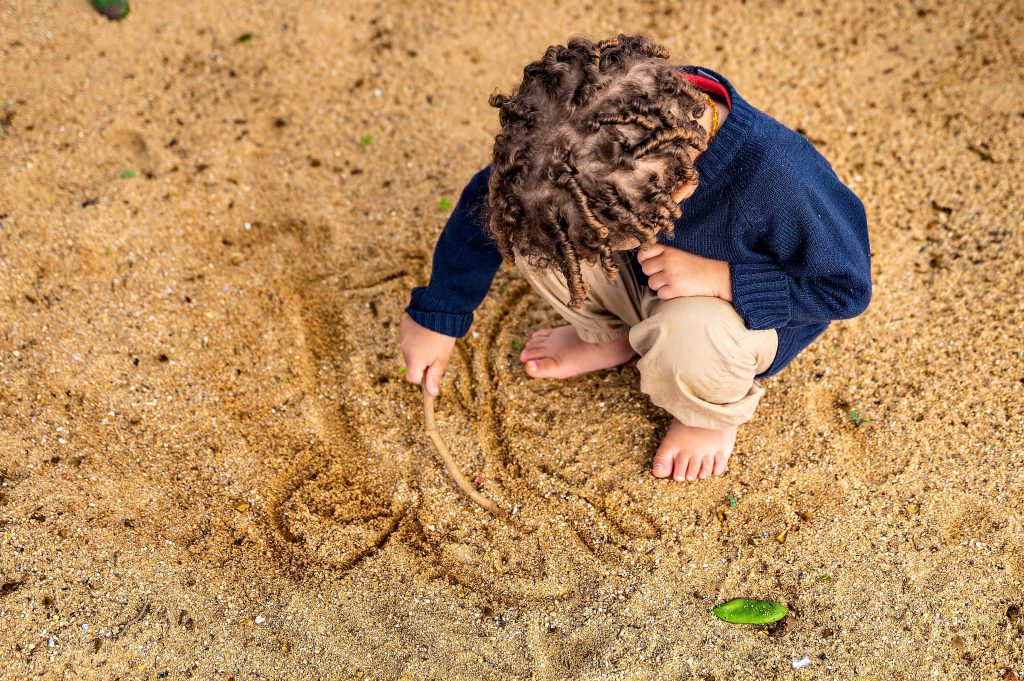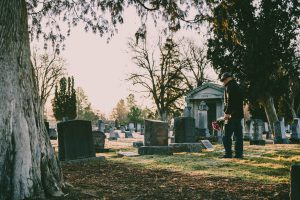
Weep Not, Child was the first novel of Ngugi wa Thiong’o. It was published in 1964. He was a Kenyan writer who explored the aftermaths of western colonization in his country. Colonization was a curse for the Africans. There are poems like Once upon a time and The mystic drum that discuss the same theme. It describes how the east Africans from kicked out of their ancestral property.
The novel revolves around the central character Njoroge. He dreamt about schooling. He couldn’t fulfill his dream because of the Mau Mau rebels who fought against imperialism and the colonizers’ adverse policies.
Ngotho was Njoroge’s father. He had two wives Nyokabi and Njeri. Ngotho had three kids in Njeri; Boro, Kamau, and Kori. Mwangi and Njoroge were from Nyokabi. His family was living on the land of Jacobo. Even though Jacobo was an African he was obedient to Mr. Howland which brought him great wealth.
Ngotho was a good worker. He was passionate about fighting for his ancestral property from the landlords. Workers called for a strike for a higher wage. During this strike, Ngotho attacked Jacobo which made him leave his house. Brothers supported Njoroge to uphold his passion for education. Mwihaki, Jacobo’s daughter was Njoroge’s best friend. After Ngotho’s attack on Jacobo, Mwihaki decided to stop her relationship with Njoroge. She joined a different school which made Njoroge depressed.
Landowners started to fight against the Mau Mau movement. The movement stood for the upliftment of the poor blacks. Jacobo who already had revenge upon Ngotho tried to imprison his family. Even during these tensions, Njoroge passed an exam. So his villagers decided to arrange some money for his high school studies. Subsequently, Mau Mau protestors killed Jacobo as a result Mr. Howland took Ngotho and Njoroge to jail. The police brutally tortured them.
Boro, Njoroge’s brother was the top leader of the Mau Mau movement. Boro was involved in Jacobo’s murder. Ngotho died later as a result of police murder. This protest left Njoroge as the only refuge for his two mothers. These situations made him stop his education. He decided not to pray anymore as he had many troubles.
At the end of the story, Njoroge expresses his love for Mwihaki. She refused it. Njoroge decided to commit suicide but his mothers rescued him. The novel ends by portraying the hopeless situation of Njoroge. Njoroge represented young Africans who struggled for their dreams.
Check out these deals
<a target=”_blank” href=”https://www.amazon.ca/b?_encoding=UTF8&tag=manubaby7160b-20&linkCode=ur2&linkId=fe2586b082512d4559ad00c8a4090905&camp=15121&creative=330641&node=667823011“>Best gadgets</a>






